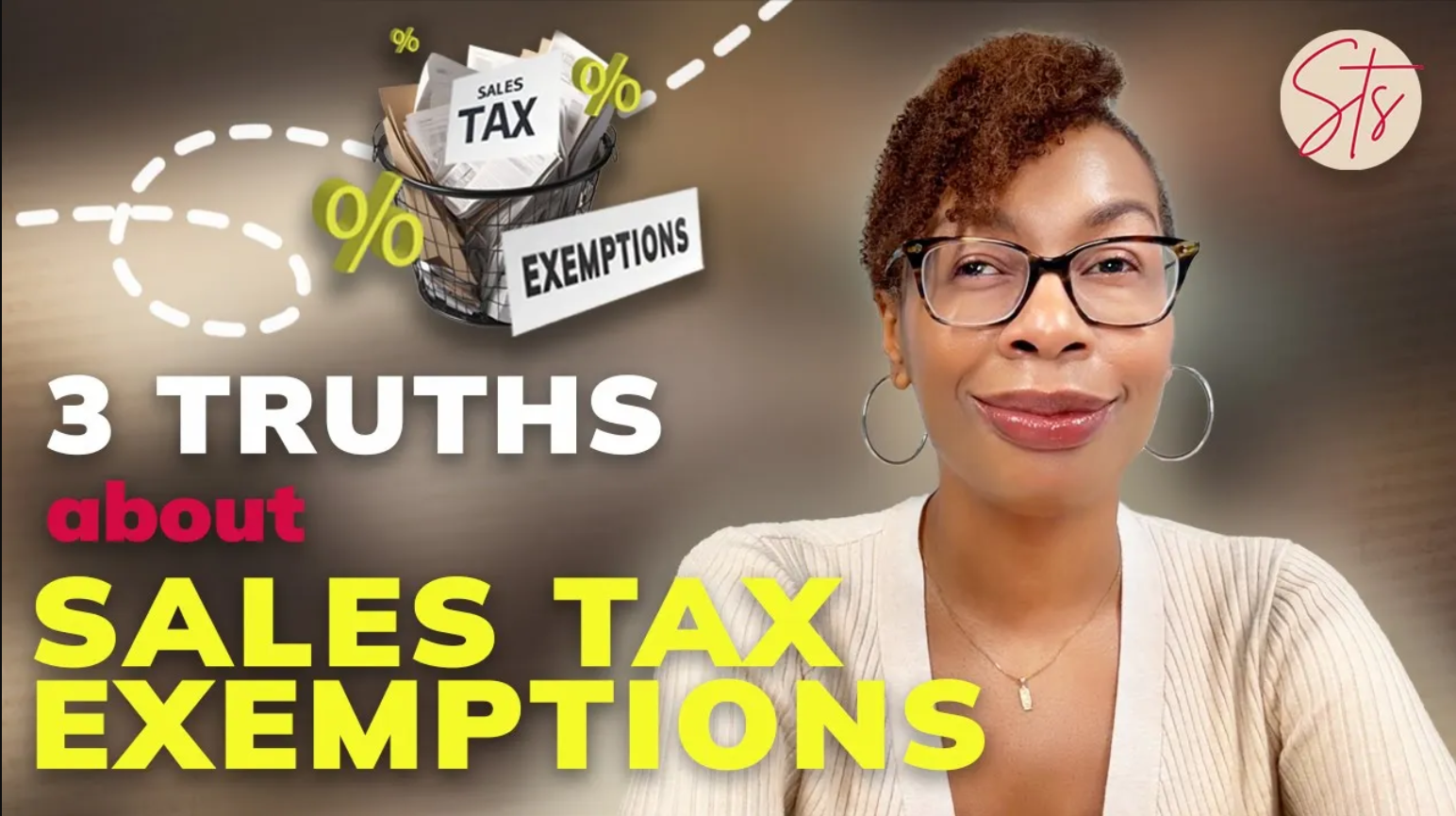Worried About Nexus? Here Are 3 Essential Questions You Should Ask
Imagine navigating sales tax compliance as trying to steer a ship through stormy seas. One word that keeps popping up on this journey is nexus. If you’re a business owner or a bookkeeper, this term is your compass. Understanding nexus is crucial because it determines your sales and use tax responsibilities..
So, let’s drop anchor and explore three essential questions about nexus to guide you to calmer waters.
Do I Have Nexus?
Understanding whether you have nexus is like asking if your ship has reached a port. Nexus means your business has a connection to a state or jurisdiction that requires you to collect and remit sales tax. Without knowing this, your business could drift into trouble.
Types of Nexus
There are two main types of nexus.
1. Physical Nexus
Think of this as your physical footprint. If your business has an office, warehouse, or employees in a state, that’s physical nexus. For example, having a team working out of Texas means you’ve docked your ship in that state’s port, and you’re now required to follow its tax rules.
Pro Tip: Check tax laws in every jurisdiction where your business operates. Nexus rules vary across states, so a one-size-fits-all approach won’t work.
2. Economic Nexus
Economic nexus is like catching the attention of port authorities because your ship is too big to ignore. If your sales reach a certain dollar threshold or number of transactions in a state, you’ve established economic nexus.
Many states have thresholds starting around $100,000 in sales and/or 200 transactions annually. Once you hit these numbers, it’s time to register for sales tax.
Next Steps
Once you determine you have nexus, it’s crucial to register with the tax authorities in that state. Don’t delay—penalties for late registration can pile up quickly.
Can You Ignore Sales Tax Registration?
Short answer: Absolutely not! Ignoring nexus is like sailing without a map—it might seem fine at first, but you’ll eventually hit an iceberg.
When you ignore sales tax registration, you’re inviting audits, penalties, and even legal trouble. States actively track businesses that operate within their borders, especially with modern tools like data analytics and online platforms. If they find out you’re not compliant, it’s not just your sails that’ll be torn—your entire ship could go down.
What Happens If You Ignore Nexus?
- Audits: States can audit your business to recover unpaid taxes.
- Penalties: Late fees and fines can accumulate quickly, creating financial strain.
- Reputation Damage: Non-compliance can tarnish your business’s reputation and relationships with customers.
Bottom Line: Registering for sales tax when you have nexus is like securing your ship against storms—it keeps your business safe and protected.
What Do I Do After Registering?
Once you’ve registered, the real work begins. Think of this step as charting your course—you need a clear plan to stay compliant with sales tax laws. Here’s what to focus on:
🧭 Build a Sales and Use Tax Plan
Identify Taxable Goods or Services
Determine which of your products or services are taxable. Some items might be exempt, but you’ll need proper documentation to prove it.
Track Tax Rates
Sales tax rates vary by state, city, and even zip code. Use reliable tools or software to stay updated.
Understand Exemptions
Know the paperwork required for exempt transactions, such as resale or nonprofit purchases.
🗂️ Decide on Filing Methods
You have two options for filing:
DIY Filing
If your business is small, you can handle filings manually. Just ensure you’re meticulous about due dates and forms.
Hire a Professional
For larger businesses, working with a tax professional or service can save time and reduce errors.
🔄 Stay Flexible
Your tax strategy should grow with your business. As your sales increase or new states adopt economic nexus laws, revisit your compliance plan.
Why Understanding Nexus Matters?
Think of nexus as the lighthouse guiding your ship. Without it, you risk running aground. Understanding nexus helps you:
- Avoid costly penalties.
- Maintain smooth operations.
- Build trust with customers by being transparent about sales tax.
In today’s interconnected economy, ignoring nexus is no longer an option. By asking the right questions and taking proactive steps, you’ll ensure your business stays afloat, no matter how stormy the tax seas get.
Your Weekly Tax Tip: Treat nexus like a checklist before setting sail. Regularly review where your business operates and ensure you’re compliant with sales tax rules in every jurisdiction. It’s the best way to keep your business steady and thriving.
More Tips in The Sales Tax Sisters Academy
Our mission to provide a resource so business owners, accountants and bookkeepers can understand sales & use tax compliance. We know that sales and use tax laws are not the easiest to understand. Our focus is on empowering you with a framework and general understanding, so you know what questions to ask and where to go to get the information you need to stay on the right side of sales and use tax compliance.
Understanding nexus is really important for keeping you or your client’s business on track with sales tax.
Pay attention to these details so you don’t run into trouble later on. That’s your tax tip for the week!
Learn more about us on our website: https://www.thesalestaxsisters.com/
Our self-help courses can be found at: https://www.thesalestaxsisters.com/co…
Schedule an appointment with us at: https://www.thesalestaxsisters.com/se…
You can also follow us on:
Facebook:  / thesalestaxsisters Instagram:
/ thesalestaxsisters Instagram:  / thesalestaxsisters
/ thesalestaxsisters
LinkedIn:  / the-sales-tax-sisters
/ the-sales-tax-sisters





























0 Comments